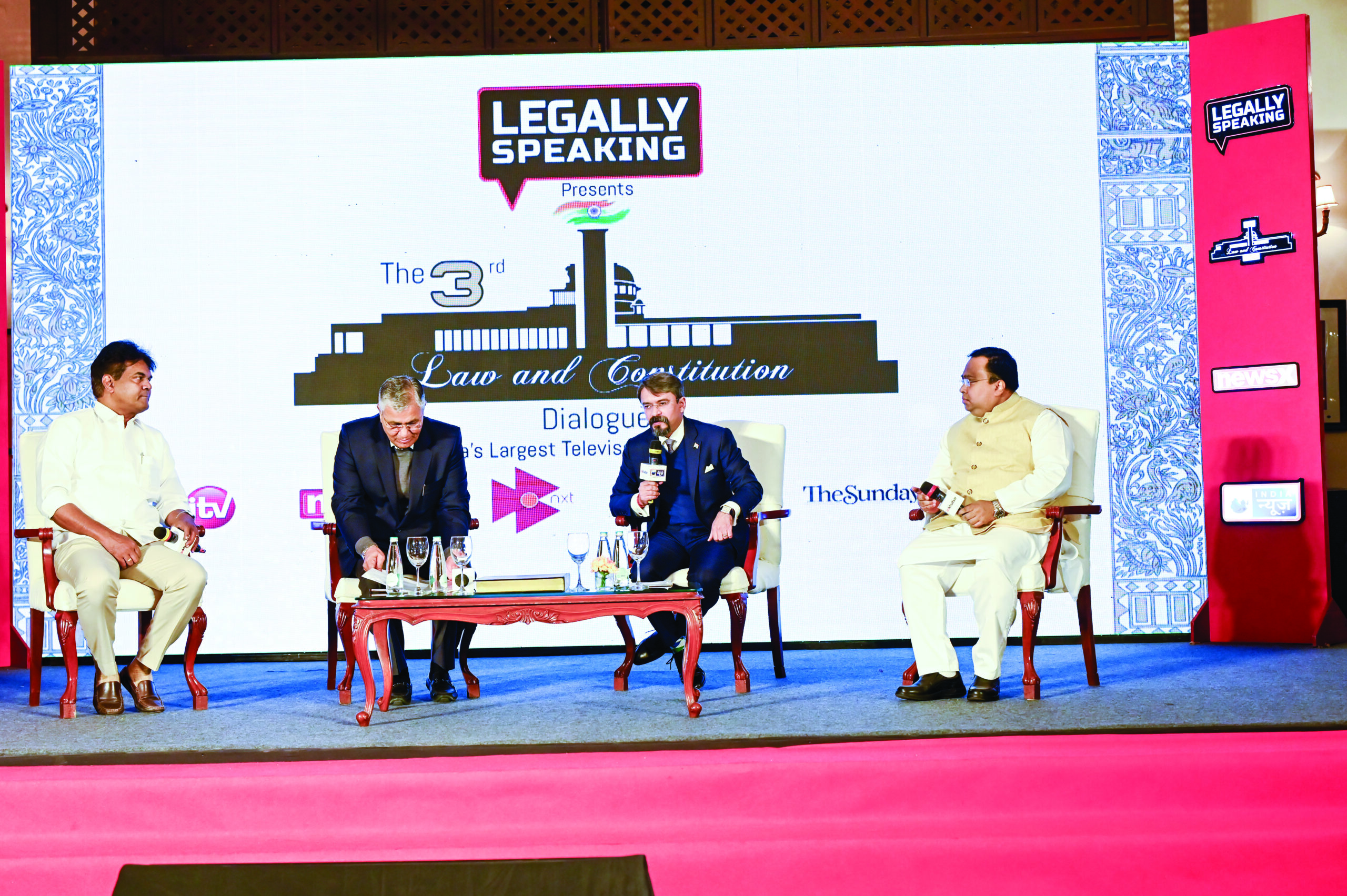Parliamentarians stress equitable representation, demographic shifts, and the need for updated census data in delimitation.
New Delhi: Prominent parliamentarians Kalanidhi Veeraswamy (DMK), Sasmit Patra (BJD), and P.P. Chaudhary (BJP) talked about the implications of delimitation on the North-South balance in India’s Parliament. The non-BJP leaders were wary of representation concerns, and asserted the necessity for equitable governance.
Kalanidhi Veeraswamy, describing Tamil Nadu‘s demographic evolution, said that the state’s fertility rate has declined from over 3 to 1.7 due to the increase in literacy rates. “This trend is common among southern states. In contrast, states like Bihar and Uttar Pradesh maintain higher fertility rates, around 2.7.”
He emphasised that the postponement of delimitation since the Emergency era has led to imbalances in representation, underscoring the need for a census to inform the delimitation process.
“The issue with delimitation is that it has been postponed since the Emergency, for over 25 years. Census should have been conducted in 2021. The 2002 Delimitation Commission stated that after 2026, delimitation process be carried out only after the first census would be taken”, he added.
BJD leader Sasmit Patra said, “No party in the Centre can afford to neglect a state in a federal form of government.”
He underscored the importance of equality as enshrined in Articles 14, 15, and 16 of the Constitution. He advocated for a caste census to accurately identify reservation proportions and inform welfare measures, noting that current programs rely on outdated data from the 2011 Socio-Economic Caste Census.”
“Biju Janta Dal leader former Chief Minister Naveen Patnaik has always battled for caste census. All welfare programmes in the country stem from the Socio-Economic Caste Census survey that was conducted in 2011. Today, various initiatives, including the Pradhan Mantri Awas Yojana, still rely on details from SECC. More than for political reasons, caste census is essential to identify reservation proportions, welfare measures, social justice,” he added.
P.P. Chaudhary addressed concerns about population growth, asserting that India’s demographic planning should focus on effective representation. He cited disparities in voter populations across constituencies, suggesting that increasing the number of Lok Sabha MPs could enhance representation.
Chaudhary stated, “This formula is required to be devised. It is for the delimitation commission and law-making authority.”
Chaudhury explained, “In India, population is planning essential, and we have to make the best of it. The statement made by Mohan Bhagwat is perfectly correct from India’s perspective.
Overall, there’s nothing to do with the religion or anything else. When we look at India’s population trends over the years, this statement remains relevant. In some states, there are 16 lakh voters, but in my constituency, we have around 22 lakh voters. To ensure effective representation in Parliament, constituencies should be more balanced, and there should be more Lok Sabha MPs,” he added.

